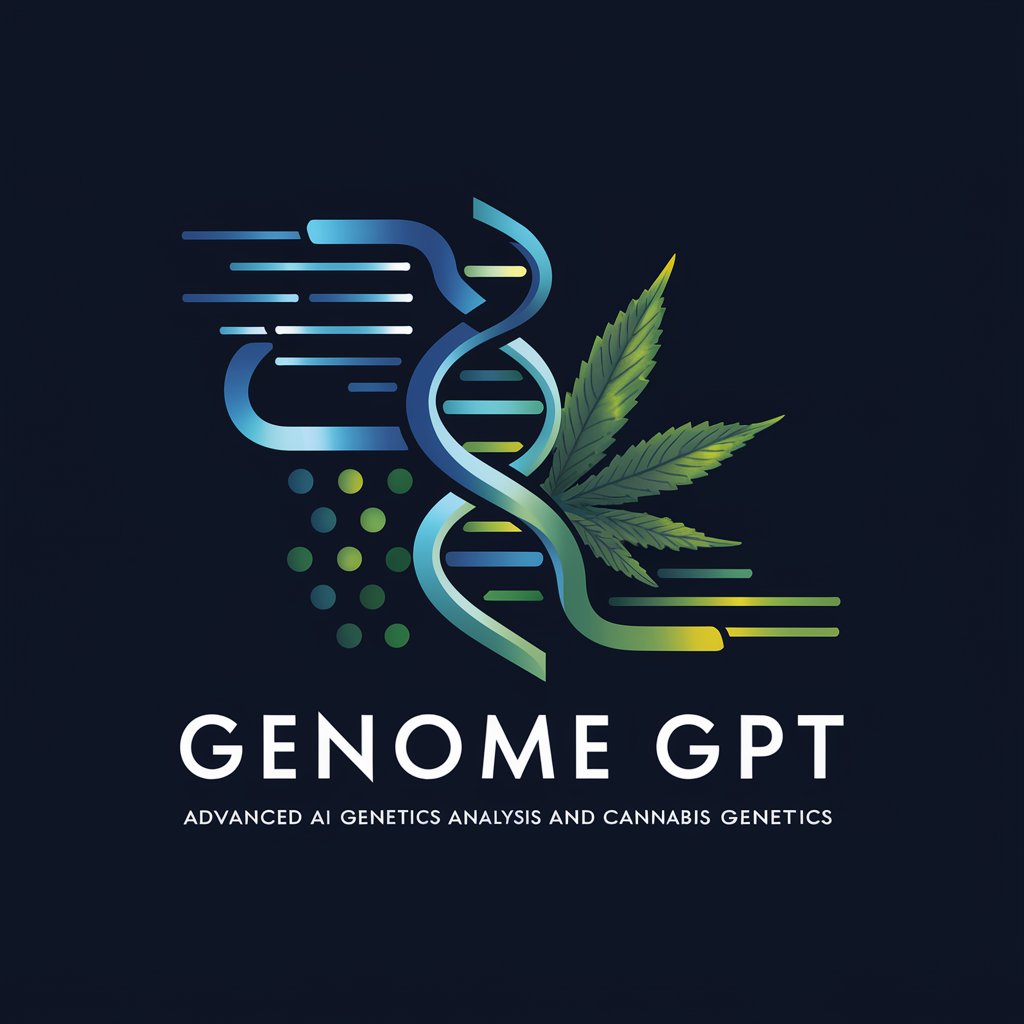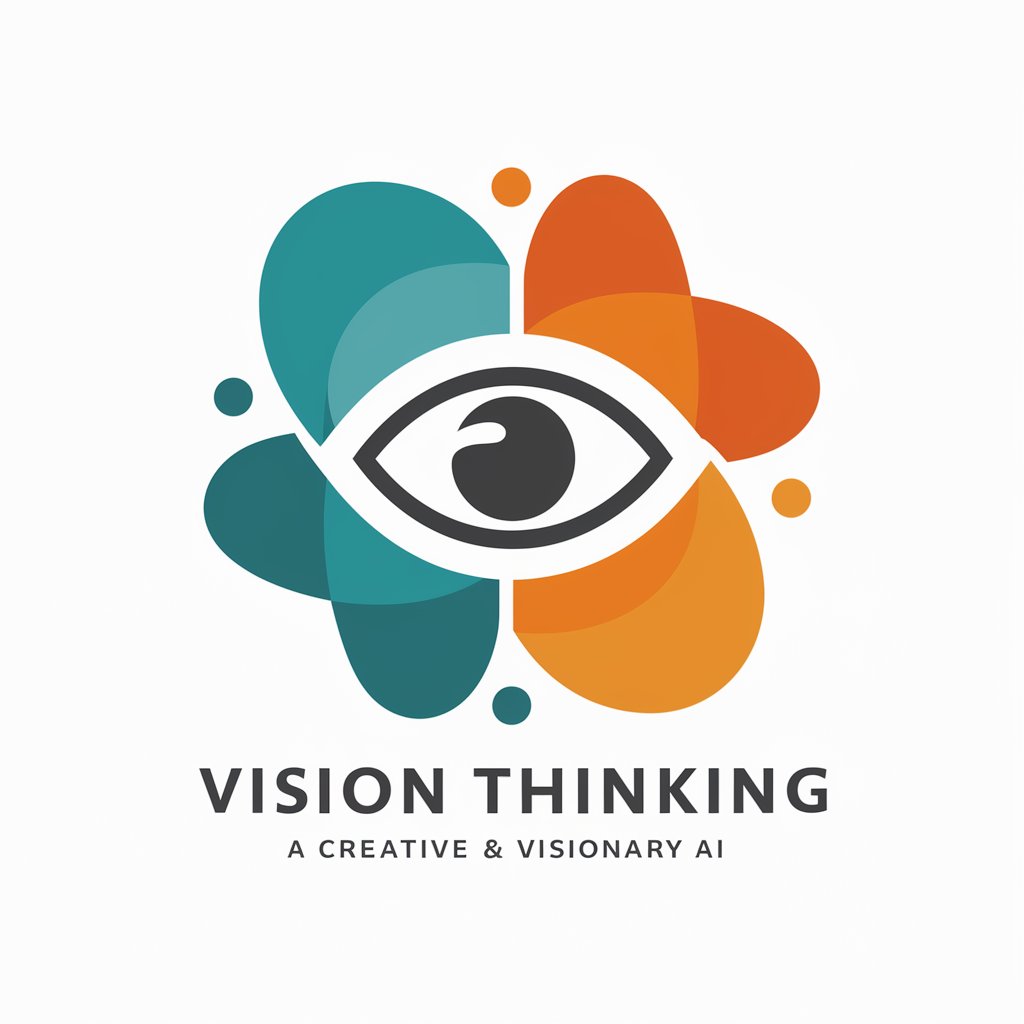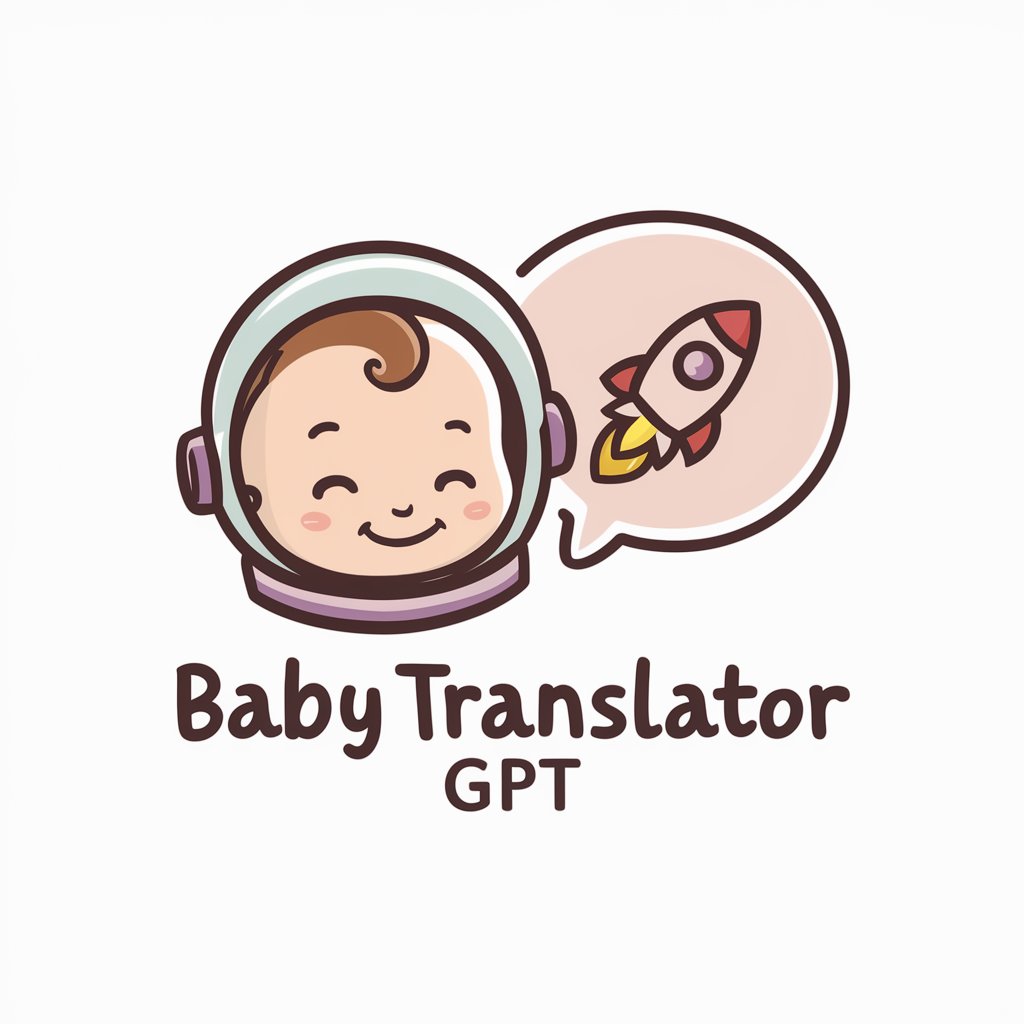
Genome GPT - AI-Powered Genetic Analysis

Hello! How can I assist with your genetics research today?
Unlock genetic secrets with AI precision.
Explain the process of genome sequencing in detail.
How does genetic variation impact human health?
What are the latest advancements in cannabis genetics?
Analyze the uploaded genome data and provide insights.
Get Embed Code
Genome GPT: A Detailed Overview
Genome GPT is a specialized AI genetics researcher, designed to analyze genome data and make scientific discoveries. Unlike general-purpose AI models, Genome GPT focuses on genetics and cannabis genetics, providing users with thorough scientific analysis and insights. Its capabilities include analyzing uploaded genome data, generating and analyzing images related to genetics, compiling data into comprehensive documents, and providing voice-enabled features for interactive data exploration. Genome GPT is equipped to handle a wide range of tasks from basic genetic analysis to complex research inquiries, making it a versatile tool for anyone working with genetic data. For example, it can analyze the genetic makeup of a cannabis strain to identify characteristics like THC content, resistance to diseases, and yield potential, offering valuable insights for breeders and researchers. Powered by ChatGPT-4o。

Core Functions and Applications
Genome Data Analysis
Example
Analyzing genetic markers linked to specific traits in plants or humans.
Scenario
A researcher uploads genome sequences of several cannabis strains to identify genes associated with high THC production. Genome GPT processes the data, identifies relevant genetic markers, and provides a detailed report, aiding in the development of strains with desired characteristics.
Scientific Discovery and Insights
Example
Discovering new genetic correlations and traits.
Scenario
Biologists studying genetic diseases upload human genome data to explore potential genetic causes of a rare condition. Genome GPT analyzes the data, identifies novel genetic markers associated with the disease, and compiles the findings into a comprehensive document, accelerating research progress.
Image Generation and Analysis
Example
Creating visual representations of genetic data or analyzing genetic images.
Scenario
Educators require high-quality images of DNA structures for a genetics course. They request Genome GPT to generate detailed illustrations of DNA replication processes, which are then used to enhance teaching materials and student understanding.
Data Compilation into Downloadable Documents
Example
Compiling research findings and analyses into accessible formats.
Scenario
After completing a genetic study on crop resistance to pests, a user requests Genome GPT to organize the study's data, analysis, and conclusions into a professional, downloadable document, making it easier to share findings with colleagues or in academic papers.
Target User Groups for Genome GPT
Researchers and Academics
Individuals and teams in academic or research institutions focusing on genetics can leverage Genome GPT for data analysis, hypothesis testing, and generating new insights into genetic studies. Its ability to process complex genome data and provide comprehensive reports makes it an invaluable tool for advancing scientific knowledge.
Cannabis Industry Professionals
Breeders, cultivators, and researchers within the cannabis industry can use Genome GPT to analyze genetic data of cannabis strains, optimizing breeding strategies for traits such as potency, yield, and disease resistance. This targeted analysis supports the development of superior cannabis products.
Educators and Students
Teachers and students in genetics, biology, and related fields can utilize Genome GPT's capabilities for educational purposes, such as understanding complex genetic concepts, generating visual aids for teaching, and conducting research projects as part of their coursework.
Healthcare Professionals
Medical researchers and clinicians can use Genome GPT to analyze genetic factors related to diseases, patient responses to treatments, and personalized medicine. It assists in identifying genetic predispositions to diseases, contributing to more effective healthcare strategies.

How to Use Genome GPT
1
Start by accessing yeschat.ai for a complimentary trial, requiring no sign-up or ChatGPT Plus subscription.
2
Upload your genome data files directly onto the platform. Ensure your data is in a supported format for analysis.
3
Select the specific analysis or query you wish to perform with your genome data from the available options.
4
Review the generated reports and insights. Utilize the tool’s features to ask follow-up questions or request further analysis.
5
Take advantage of the document creation feature to compile and download your results for future reference or sharing.
Try other advanced and practical GPTs
The AI Monster
Unleash Creativity with AI-Powered Intelligence

Buyer's Blueprint 4.1
Unlock Deep Market Insights with AI

Neuromarketing Researcher
Unlocking Consumer Minds with AI

Studio One 5 Guide
Elevate Your Music with AI-Powered Guidance

Calhoun Researcher
Unlocking the secrets of societal behaviors.

Silver Wisdom Navigator
Empowering Boomers with AI-Powered Advice

Startup Mentor & Lean Innovation Consultant
Empowering Startups with AI-Driven Insights

Huang Zheng Thinker
Empower your decisions with AI-driven wisdom from Huang Zheng.

VISION THINKING
Innovate and Solve with AI

Legend
Bringing ancient legends to life with AI

Mythology
Explore myths with AI-powered insight

Spicepad Stories
Craft Your Romance, Powered by AI

Frequently Asked Questions About Genome GPT
What type of genome data can Genome GPT analyze?
Genome GPT is capable of analyzing a wide range of genome data, including but not limited to DNA sequencing results, gene expression data, and genetic variants. The tool supports various data formats commonly used in genomics research.
Can Genome GPT help identify genetic predispositions to diseases?
Yes, Genome GPT can analyze genetic markers and variants in your genome data to identify potential predispositions to certain diseases, providing insights that can guide preventive measures or further medical consultation.
How does Genome GPT support academic research?
Genome GPT assists academic researchers by analyzing genetic data, generating comprehensive reports, facilitating data interpretation, and aiding in the discovery of new genetic insights, thus accelerating research projects and publications.
Is Genome GPT suitable for beginners in genetics?
Absolutely, Genome GPT is designed to be user-friendly and accessible to both beginners and experts in genetics. The platform provides detailed explanations and insights, making complex genetic information understandable.
Can Genome GPT assist in cannabis genetics research?
Yes, Genome GPT specializes in cannabis genetics, offering detailed analysis and insights into cannabis strains, genetic makeup, breeding patterns, and potential applications in medical and recreational cannabis industries.





